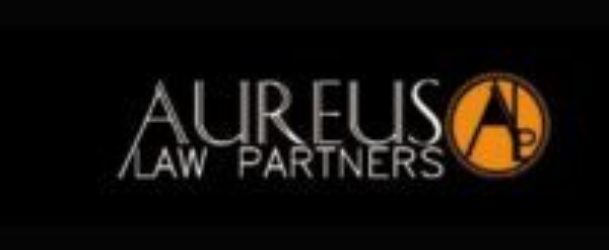The National Company Law Appellate Tribunal (NCLAT) on 20 March 2019 dismissed a batch of appeals in the matter of PR Director General of Income Tax (Admn & TPS) v Synergies Dooray Automotive Ltd & Ors, which claimed taxes to be an exception to the definition of operational debt under section 5(21) of the Insolvency and Bankruptcy Code, 2016 (IBC).
The NCLAT held that taxes were subsumed within the definition of operational debt and tax authorities were operational creditors under IBC.

Founder and managing partner
Aureus Law Partners
Section 5(21) of IBC: The appellants challenged section 5(21) of the IBC stating that the word “or” before the sentence “…a debt in respect of the payment of dues arising under any law for the time being in force payable to the Central Government…” should be interpreted as “and”. Therefore, they argued that: (i) debt would be related only to supply of goods or services rendered to the corporate debtor; and (ii) tax does not qualify as either, and would not be an operational debt.
Discussing the scope and nature of the term operational debt, the NCLAT, based on the precedents in statutory interpretation, considered the positioning of the words “or” as well as “and” in the provision. It observed that there was no ambiguity in the IBC and that the legislature has intentionally used the words “or” and “and” at different places in the provision.
The NCLAT, relying on the judgment in the Swiss Ribbons Pvt Ltd & Anr v Union of India & Ors (2018) case, held that “and” had to be read conjunctively while “or” had to be read disjunctively in the said provision. On the basis of this, the NCLAT held that statutory dues were operational debt.
The appellants argued that because the corporate debtors’ operation did not rely on statutory dues, the question of tax being an operational debt would not arise. The NCLAT, instead, observed that taxes had a direct nexus with the corporate debtor’s operation as they would not arise if the corporate debtor was not in operation.

Associate
Aureus Law Partners
Based on the above, it held that statutory dues such as taxes were an operational debt; and tax authorities as such would qualify as operational creditors.
What the NCLAT did not discuss: Another argument made by one of the appellants was that liability under the tax statute is a first charge and therefore cannot be a part of the resolution plan. Although the NCLAT did not discuss this point, the case of Pr Commissioner of Income Tax v Monnet Ispat And Energy Ltd, is seminal in this regard, where the Supreme Court categorically adjudged that section 238 of the IBC overrides any statute inconsistent with it, including the Income Tax Act, 1961. Therefore, it would appear that having a first charge (under another statute) may become immaterial if a company enters the ambit of insolvency under IBC.
Ambiguity over tax statutes and IBC: This decision raises significant questions regarding the status of the tax authorities’ claims in light of the overriding effect of the IBC provisions.
In August 2018, High Court of Andhra Pradesh and Telangana, in Leo Edibles and Fats Limited v The Tax Recovery Officer case, permitted liquidation of assets of a company undergoing liquidation under IBC despite ongoing recovery proceedings by the income tax authorities.
The high court said in no uncertain terms that the income tax authorities could not be considered at par with secured creditors. The court also said that because the income tax authorities are not secured creditors, they must take recourse under section 53 of the IBC with regards to the distribution of assets and they would come fifth in the order of the disbursal of claims as taxes are a contribution to the Consolidated Fund of India. It is interesting to note here that section 53 of the IBC does not mention the term operational creditor.
With the NCLAT’s decision declaring the tax authorities as operational creditors, the ambiguity exists in the interplay between tax (dues) and the IBC. The tax department in October 2018 was reported to have prepared a proposal seeking the intervention of the Ministry of Finance to resolve the issue.
Recently, the Insolvency and Bankruptcy Board of India has reconstituted the Insolvency Law Committee as the Standing Committee to review the implementation of the IBC. It will be interesting to see what recommendations the committee will make on the issue of the ambiguity regarding tax and the IBC.
